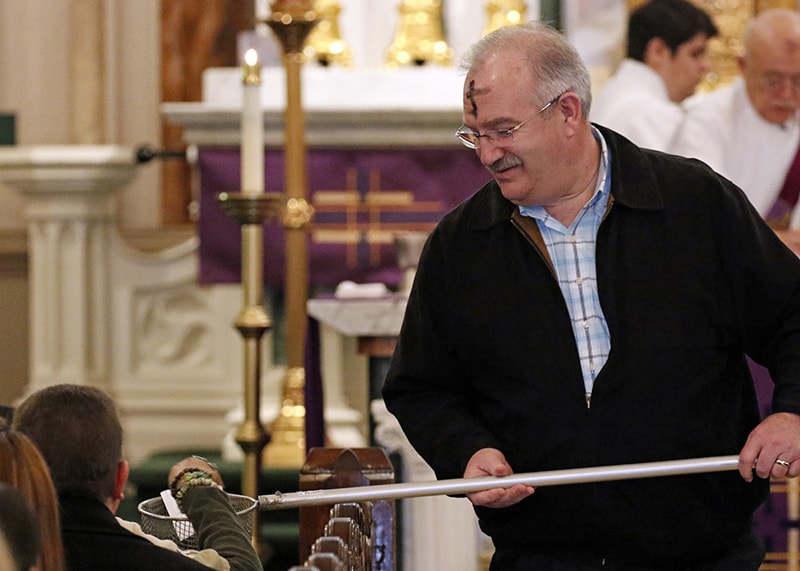
It might be hard to believe, but we are almost to the home stretch of Lent. It’s time to examine our consciences to see how well we are practicing the traditional Lenten practices of prayer, fasting and almsgiving.
In his Lenten message this year, Pope Francis emphasized that our Lenten practices should not only promote individual conversion, but also should have an impact on others. An important way for this to happen is through our almsgiving.
Of the three Lenten practices, almsgiving might be the one many of us have the hardest time with. We find it relatively easier to, for example, add the saying of the Stations of the Cross to our regular prayer life, or give up alcohol or chocolate and abstain from meat on Fridays.
This year, in particular, is difficult because our lives are so controlled by the COVID-19 pandemic. Here, though, when it comes to personal finances, people have been affected differently.
On one hand, many people are struggling badly because they have been unable to work. This probably isn’t the year when they can, or should, be thinking about ways to increase their almsgiving. It’s time for them to accept help wherever they can find it.
On the other hand, many other people have seen their personal finances improve, mainly because they have been unable to spend money as they did before the pandemic. We have been staying at home. Travel is down, eating out is rarer, and theaters and sports arenas have been closed – until recently. People who have been able to work at home haven’t had commuting or outside-the-home meal expenses.
Then there are also those stimulus checks, or COVID-19 relief checks. They are vitally important for some people, but during previous rounds of stimulus we have heard of cases where recipients of the checks immediately sent the money to their favorite charities because they didn’t think they had done anything to deserve the money or that they needed it.
If you are able to increase your almsgiving, where should you start? We suggest looking at your local parish first. Its expenses continue during the pandemic, but contributions often do not. If you haven’t contributed to your parish while you were unable to attend Mass there, perhaps you could now make up for that.
Next, we believe, should be organizations that help those who are hurting so badly. The agencies and offices of Catholic Charities would be at the top of that list. Among people served are the poor, the hungry, the homeless, pregnant women, the elderly, neglected children, and anyone else in need. There is also the Society of St. Vincent de Paul, which provides food, clothing and furniture to individuals and families in need as well as training to help them break the cycle of poverty.
In the Diocese of Nashville, don’t forget the Bishop’s Annual Appeal for Ministries, which supports a wide range of activities that support parishes, people in need, and Catholics on their journey of faith.
At the international level, we suggest beginning with Catholic Relief Services, the U.S. bishops’ official international humanitarian agency that serves the poor and suffering people in countries throughout the world, or private organizations such as Food for the Poor and Cross Catholic Outreach, which are accomplishing so much in the fight against poverty.
We suggest that our readers take the pope’s words to heart this Lent, prayerfully discover something they can give up, and contribute what they would have spent to a charity that serves the poor.
As Pope Francis has said on many occasions, we are our brothers’ and sisters’ keepers. Through our almsgiving, may we use Lent to demonstrate our love for them.
This editorial first appeared in the March 12 issue of The Criterion, newspaper of the Indianapolis Archdiocese. It was written by John F. Fink, editor emeritus.W









